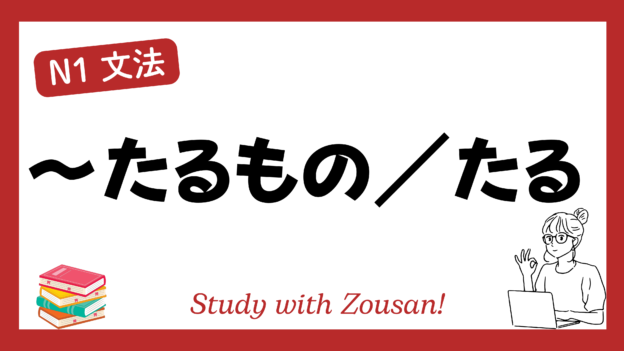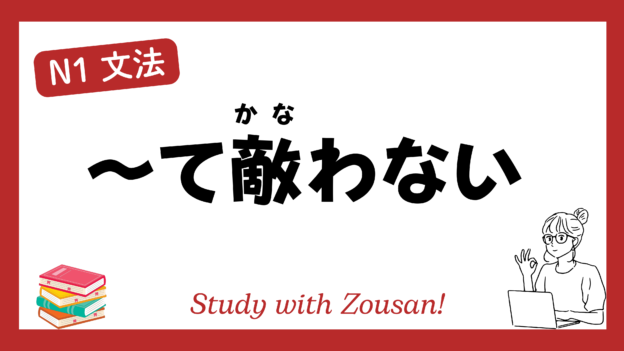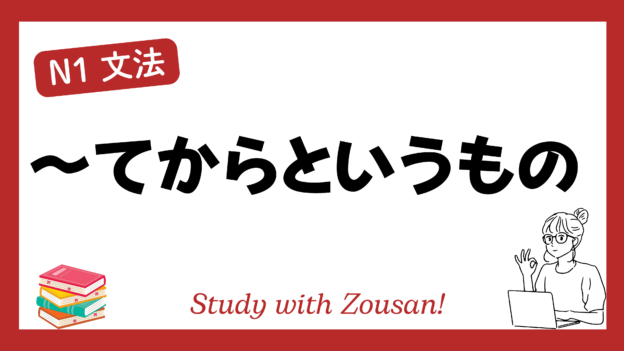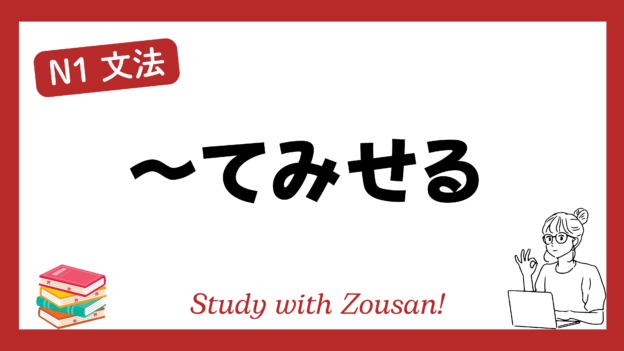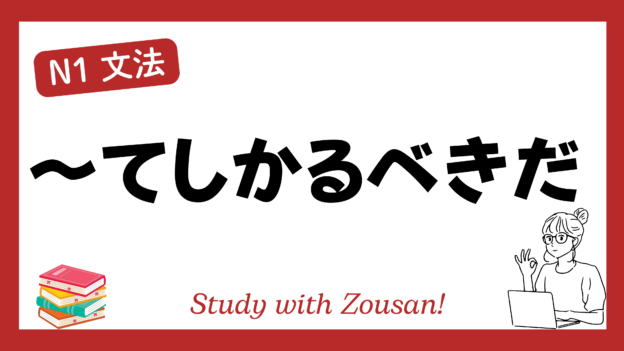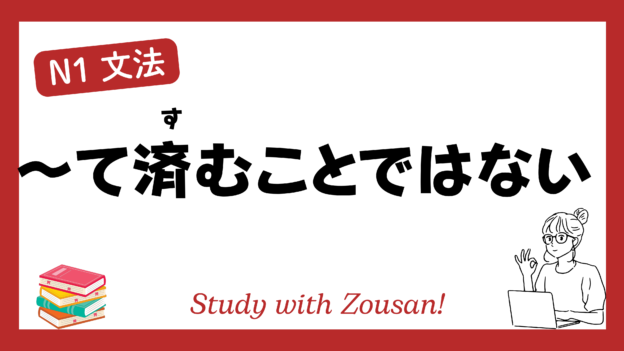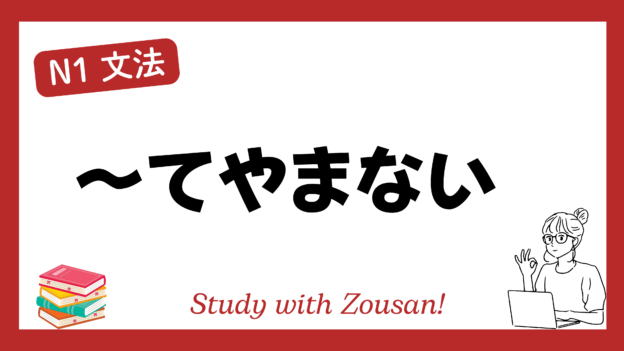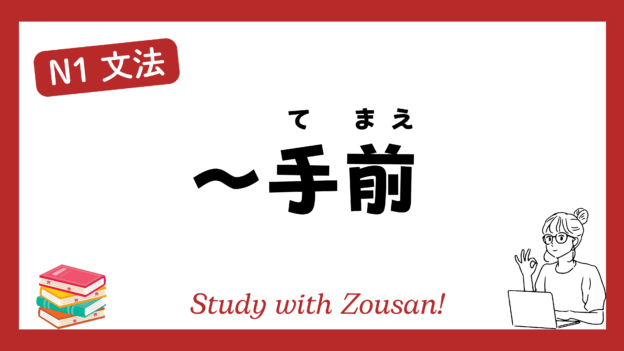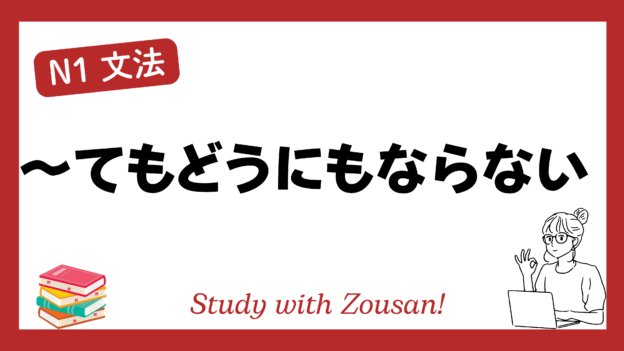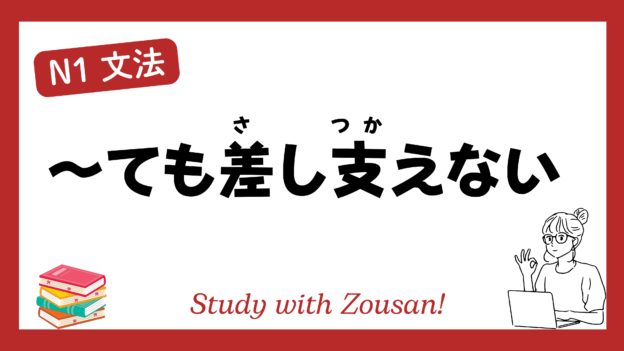Meaning: “As someone who…”, “In the position of…”
This structure is used to indicate that someone or something holds a particular position, responsibility, or quality, and as such, they are expected to act in accordance with that role or status. It emphasizes the expectation for behavior or attitude that matches the responsibility or role.
※Note: “たるもの” and “たる” are often used in formal language or serious contexts, emphasizing the obligation or standard that someone must meet in their role.
Structure:
| Noun + | たるもの たる |
Example:
-
-
-
🌟 教師たるもの、常に学び続ける姿勢を持たなければならない。
(きょうし たる もの、つねに まなび つづける しせい を もたなければ ならない。)
As a teacher, one must always have a learning attitude. -
🌟 リーダーたるもの、部下の模範とならなければならない。
(りーだー たる もの、ぶか の もはん と ならなければ ならない。)
As a leader, one must be a role model for subordinates. -
🌟 社会人たるもの、時間を守るべきだ。
(しゃかいじん たる もの、じかん を まもる べき だ。)
As a working adult, you should be punctual. -
🌟 親たるもの、子供に対して責任を持つべきだ。
(おや たる もの、こども に たいして せきにん を もつ べき だ。)
As a parent, one must take responsibility for their children. -
🌟 医者たるもの、患者の命を第一に考えるべきだ。
(いしゃ たる もの、かんじゃ の いのち を だいいち に かんがえる べき だ。)
As a doctor, one must prioritize the lives of patients. -
🌟 政治家たるもの、公正な判断を下さなければならない。
(せいじか たる もの、こうせい な はんだん を くださなければ ならない。)
As a politician, one must make fair decisions. -
🌟 経営者たるもの、従業員の生活にも配慮するべきだ。
(けいえいしゃ たる もの、じゅうぎょういん の せいかつ に も はいりょ する べき だ。)
As a business owner, one must also consider the well-being of employees. -
🌟 学生たるもの、勉強に励むのは当然だ。
(がくせい たる もの、べんきょう に はげむ の は とうぜん だ。)
As a student, it is natural to devote oneself to studying. -
🌟 リーダーたる者は、冷静に判断しなければならない。
(りーだー たる もの は、れいせい に はんだん しなければならない。)
A leader must make calm and rational decisions. -
🌟 プロたるもの、常に最高の結果を目指すべきだ。
(ぷろ たる もの、つねに さいこう の けっか を めざす べき だ。)
As a professional, one should always aim for the best results.
-
-


